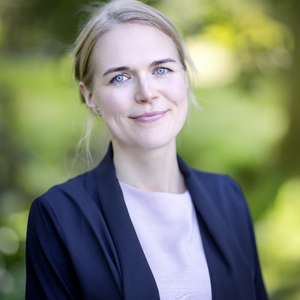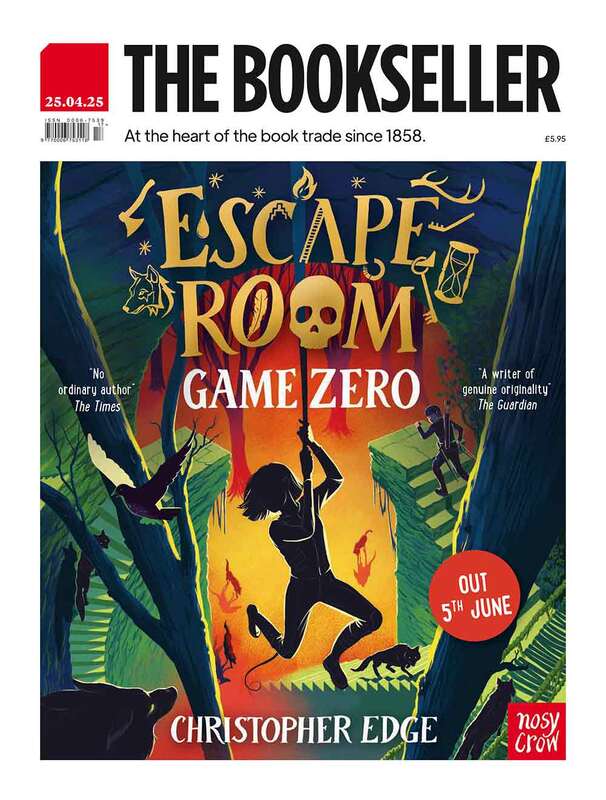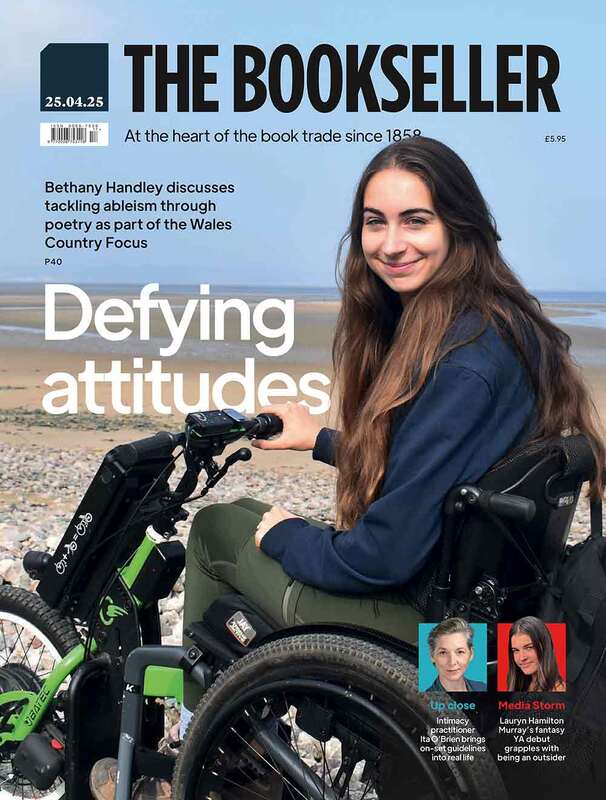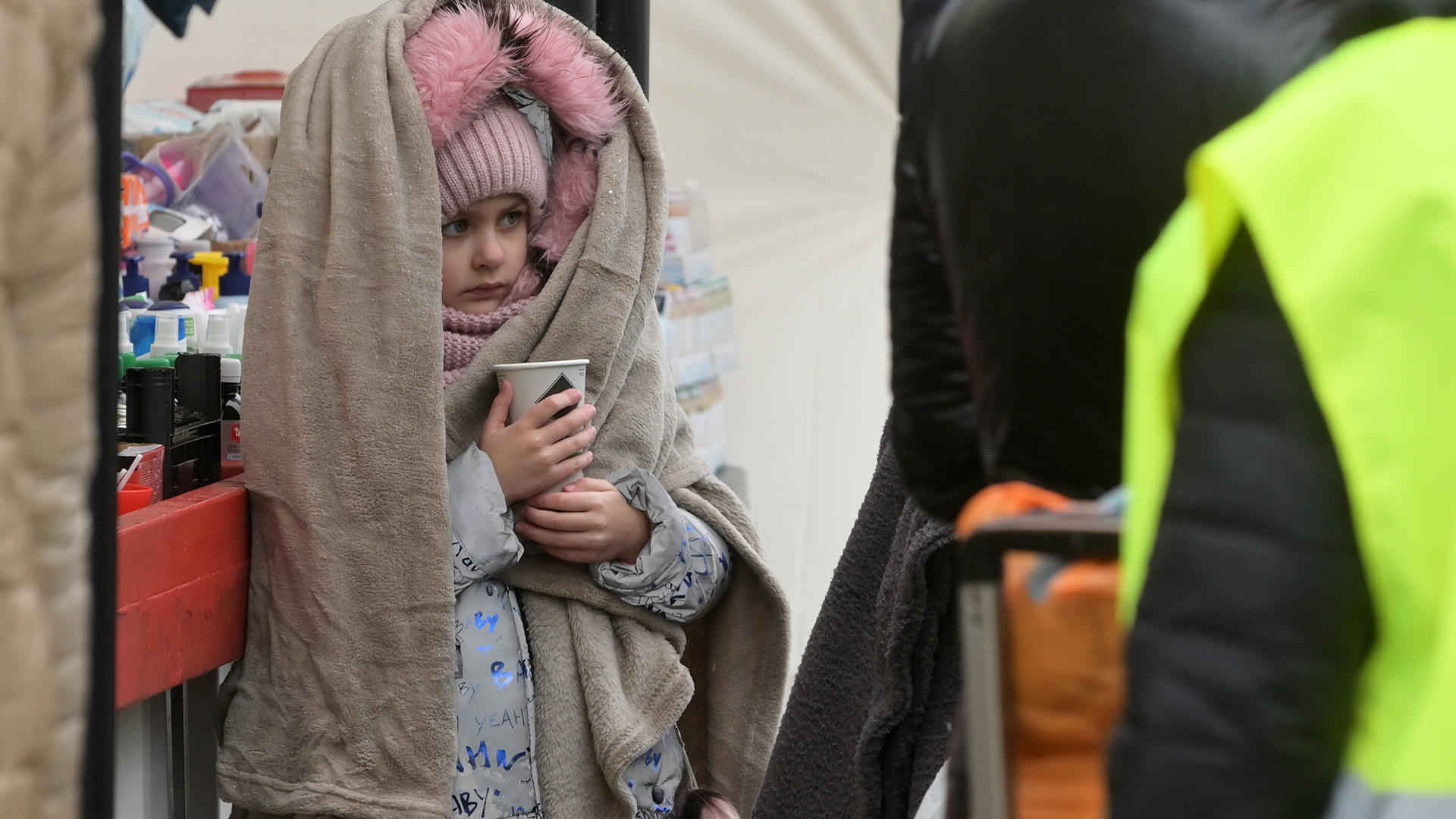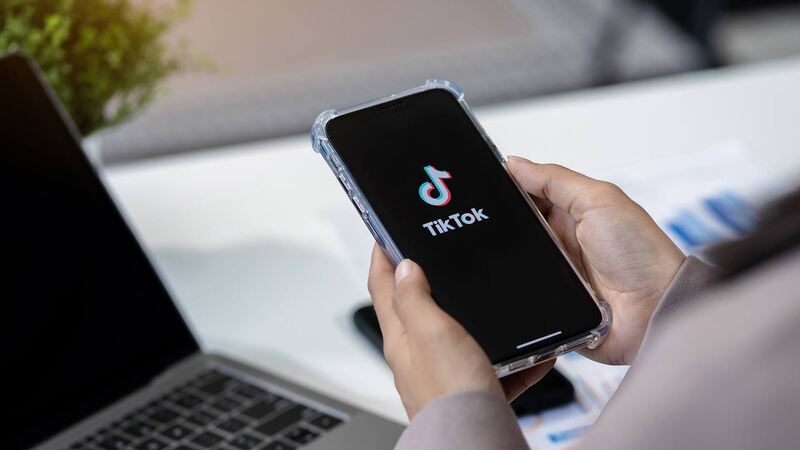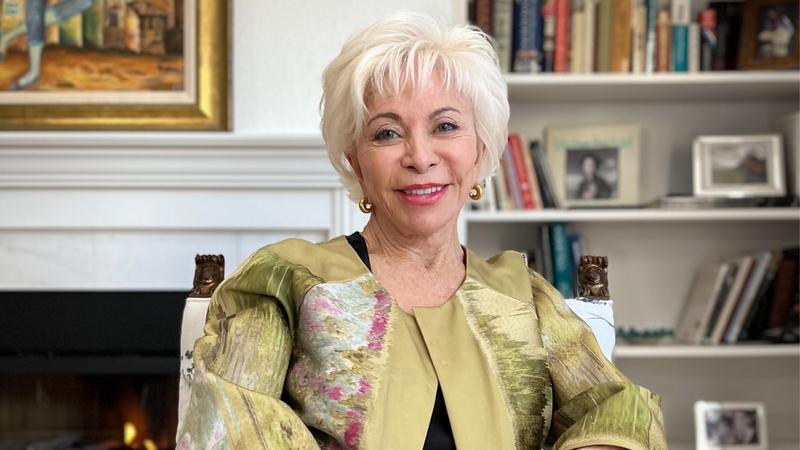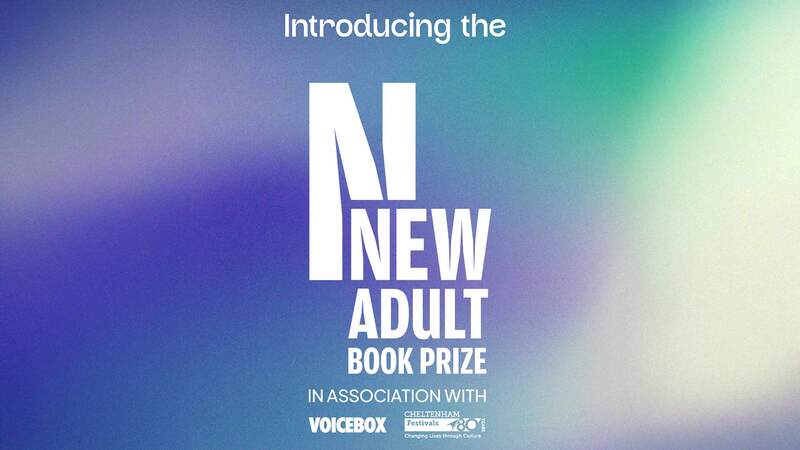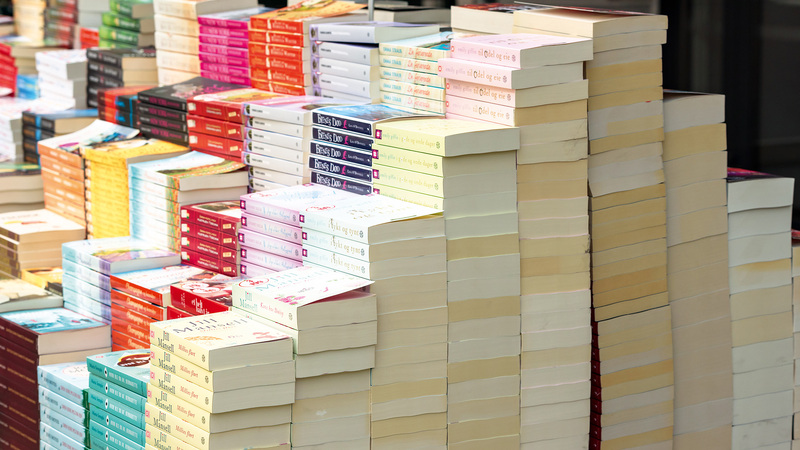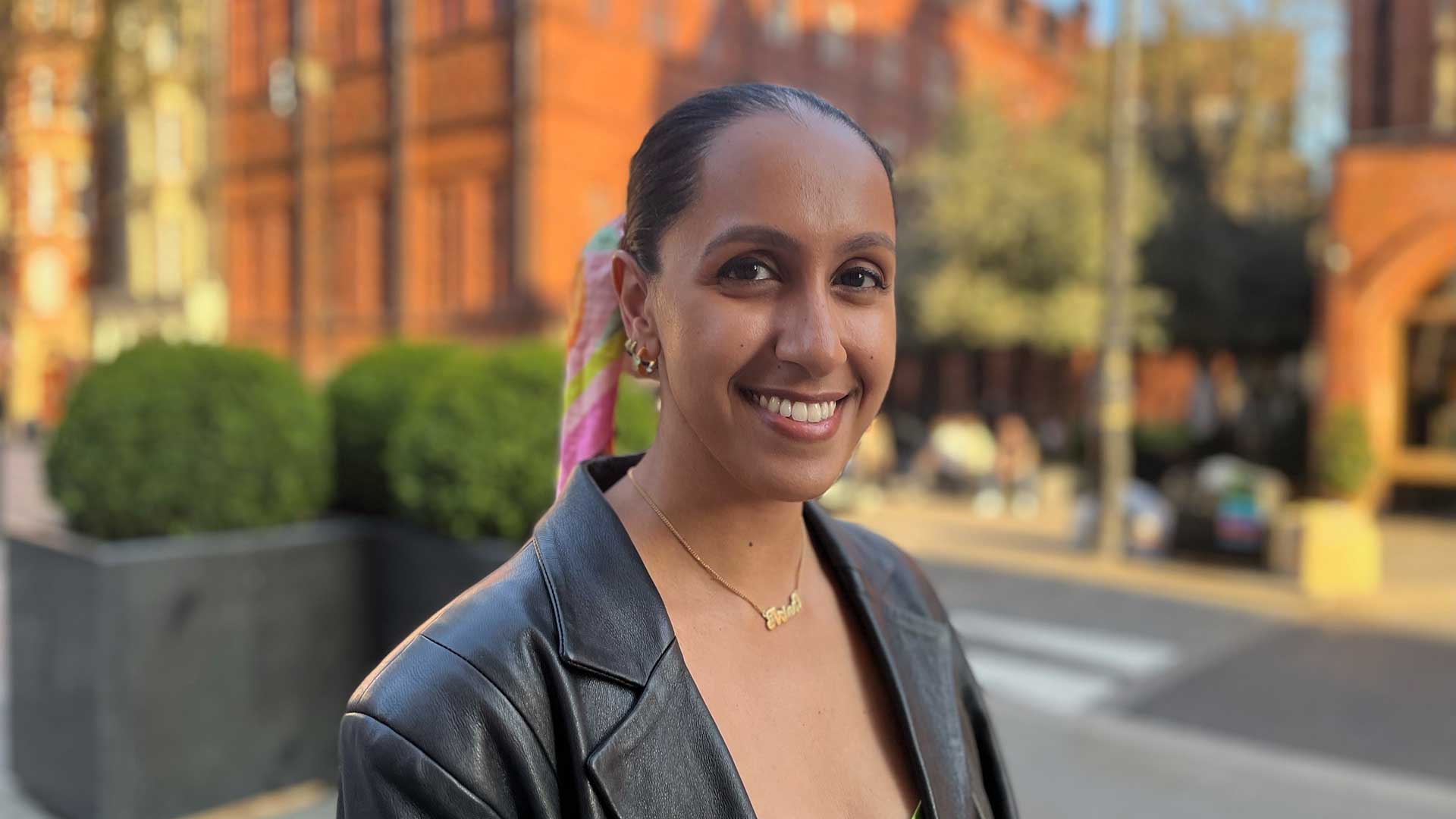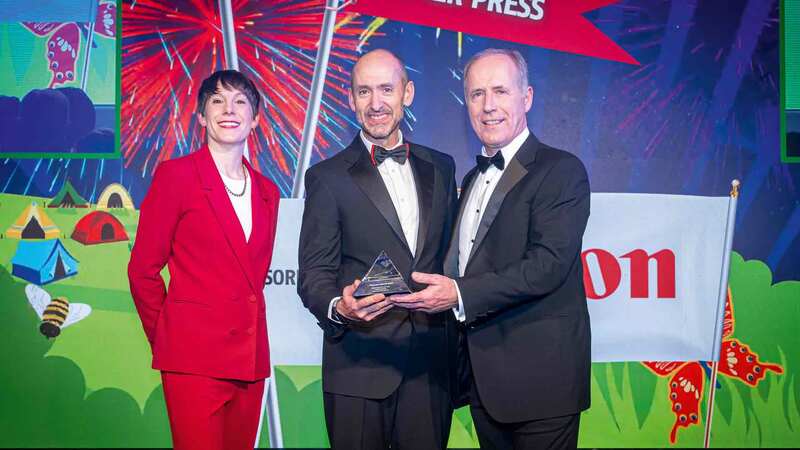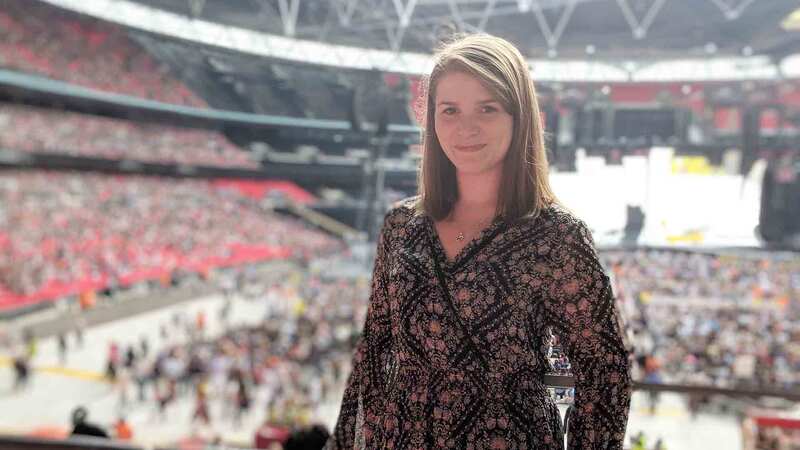You are viewing your 1 free article this month. Login to read more articles.
Ukrainian children desperately need books – UK publishers, please help
For traumatised and displaced children, books can educate, soothe and provide a sense of belonging, so now is the time for UK publishers to step up.
Stories begin and end in communities, and it is the power of communities that can heal and repair war horrors. During the Russia-Ukraine war, communities of publishers, authors and child professionals have come together to create and share healing stories for Ukrainian children. The resilience and sense of hope I have experienced in these communities are the cornerstones of transformative children’s books.
Since the Russian invasion of Ukraine in February this year, 6.4 million Ukrainians have fled their homes. Ukrainian families fleeing the war carry nothing but a few belongings. They are exhausted, and traumatised. Sixty percent of Ukrainian refugees are children and more than 2.5 million Ukrainian children have been displaced within the country. Ukrainian refugee children are out of school and at high risk for abuse, developmental delay and psychosocial problems.
Book reading and storytelling cannot solve these problems, but they can act as a mechanism to begin the healing process. Books are a source of information and democracy, and it is therefore in the interest of the global publishing industry to support Ukrainian publishers.
International reading charities and organisations are well aware of the important role books play in children’s lives and have galvanized efforts to buy and deliver children’s books from Ukraine to refugee and migrant Ukrainian children. The Ukrainian Book Institute and the Federation of European Publishers issued a crowdfunding campaign for printing thousands of Ukrainian children’s books in Europe. For newly settling refugees, individual national libraries, ministries and Ukrainian networks have been purchasing and printing Ukrainian children’s books en masse. The demand is high and ongoing.
UK publishers could make selected titles freely available to refugee children. Wordless books and those with simple narratives can be easily adopted by speakers of different languages.
These efforts are of very great importance. We know from decades of research that reading books to children provides a sense of belonging and an opportunity to be immersed in a safe fantasy world. High-quality children’s books contain words and sentences that are more advanced than everyday language and as such, support children’s vocabulary and language learning. For refugee children, who are out of school and with no or very few educational resources, these are very important resources.
However, print books can reach some, but not all, children. With the constant bombardment of the Ukrainian main publishing house in Kharkiv, the increased post-pandemic print demand and scarcity of paper in the global book industry, print books take a very long journey before they reach readers’ hands. Digital books can supplement the lack of physical books and reach displaced children where they are.
This is why global reading platforms, including the StoryWeaver and the Global Digital Library organized translation sprints to make children’s storybooks openly available for Ukrainian children. Several Ukrainian publishers made their titles freely accessible online. Hundreds of e-books were produced within a few days, translated and digitally distributed to Ukrainian families across the world.
With local Ukrainian speakers and my university colleagues, we have carefully selected relevant titles and aggregated them for the Digital Library for Ukrainian children. These e-books can be downloaded on phones, which most refugee families have. Individual book titles can be distributed at scale, in millions of copies and read anytime, anywhere. Digital books can be read together even when families are not co-located, and audio books with narrated text can provide children with stories when the adult is not there. Digital books can be flexibly translated, read online and offline and customised to individual children. Our library is growing fast, and it needs more content and contributors.
The UK has a history of high-quality children’s literature. UK publishers could make selected titles freely available to refugee children. Wordless books and those with simple narratives can be easily adopted by speakers of different languages. There are several freely available toolkits and guides for digitising books and several global online platforms for distributing them.
Authors can narrate the text and Ukrainian subtitles can be added. Such audio books are very popular with families who enjoy the added benefit of original voiceovers and many speak, or wish to learn, English. In addition to translating existing books, new Ukrainian stories can be written and created with freely available images and ideas from story banks. These are available as part of online libraries, but they can also be easily added by professional illustrators. Ukrainian speakers living in the UK can partner up with children’s authors and child professionals to create trauma-informed stories for children.
Several story-making apps and free guides provide step-by-step guidance on how to make, self-publish and share children’s digital books. The refugee children are the most vulnerable readers, and they need book content of the highest quality now.
